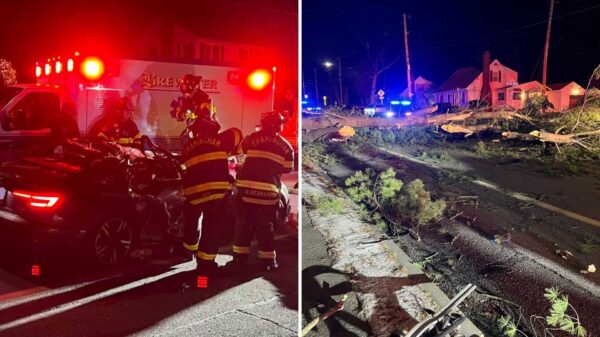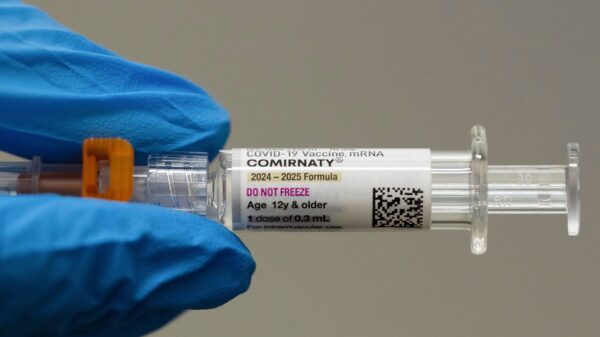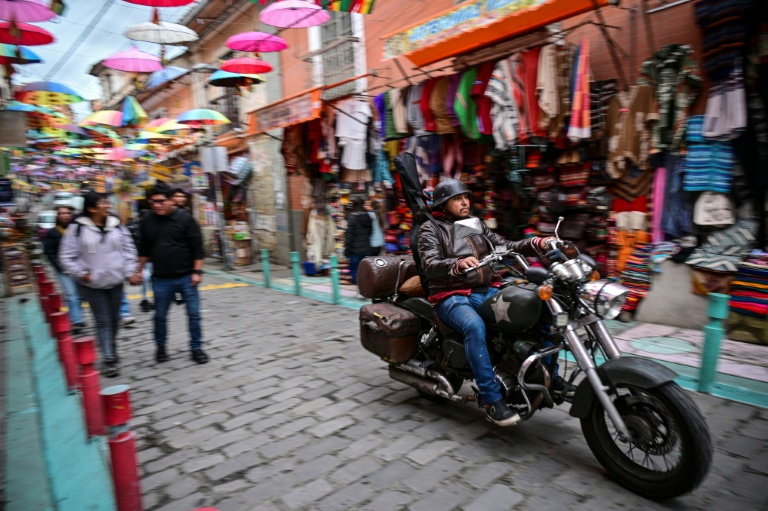Bolivia is poised to elect a new president on Sunday, marking a significant shift from two decades of socialist governance. With economic challenges mounting, voters will choose between two pro-business candidates: economist and senator Rodrigo Paz, aged 58, and former interim president Jorge Quiroga, aged 65. This election comes on the heels of a first-round vote in August, where the ruling Movement Toward Socialism (MAS) party, founded by former president Evo Morales, saw a significant decline in support.
The nation, grappling with an annual inflation rate exceeding 20 percent and severe shortages of dollars and fuel, has become increasingly disillusioned with the MAS’s economic policies. Under the outgoing leadership of Luis Arce, Bolivia has experienced critical shortages and a depleted dollar reserve, leading to discontent among its 11.3 million citizens. Long lines at gas stations have become a daily reality, reflecting the urgency of the situation.
In La Paz, resident Felicidad Flores, a 67-year-old street vendor, expressed her frustration, stating, “The situation is terrible, we don’t know what’s going to happen. Everything is very expensive.” Another resident, Javier Quispe, a 40-year-old driver, echoed these sentiments as he waited in a kilometer-long queue for fuel, saying, “There isn’t much hope that things will change.”
Analysts warn that the newly elected leader will inherit an economy in recession, with the World Bank highlighting the significant challenges ahead. Daniela Osorio from the German Institute for Global and Area Studies noted that public patience is waning. She cautioned, “If the winner does not take measures to help the most vulnerable, this could lead to a social uprising.”
Both candidates have laid out plans to address the economic crisis. Quiroga advocates for attracting international investment and foreign loans, while Paz proposes a “capitalism for all” approach, emphasizing decentralization, lower taxes, and fiscal discipline. Despite their differing methods, both candidates intend to maintain social programs while stabilizing the economy, a balancing act that many economists believe is unattainable.
Moreover, both candidates have suggested cutting the universal fuel subsidy, retaining it only for public transportation. This proposal, however, may face legislative hurdles, as neither candidate is expected to secure a majority in Congress. Sociologist Maria Teresa Zegada remarked that the personal attacks during the campaign could leave enduring divisions that complicate future governance.
Outside the halls of Congress, the political landscape remains challenging. Morales, though barred from seeking re-election, continues to wield influence and could pose a threat to the new administration. He faces an arrest warrant related to allegations of human trafficking, charges he has vehemently denied.
As nearly eight million voters prepare to cast their ballots, the stakes are high. Voting is mandatory, and the outcome will determine not only the immediate leadership but also the direction of Bolivia’s economic future. Luis Arce is set to leave office on November 8, 2023, after serving a single term, unable to seek re-election under the country’s constitutional limits. The choices made in this election will have lasting implications for Bolivia as it navigates its worst economic crisis in four decades.





































































